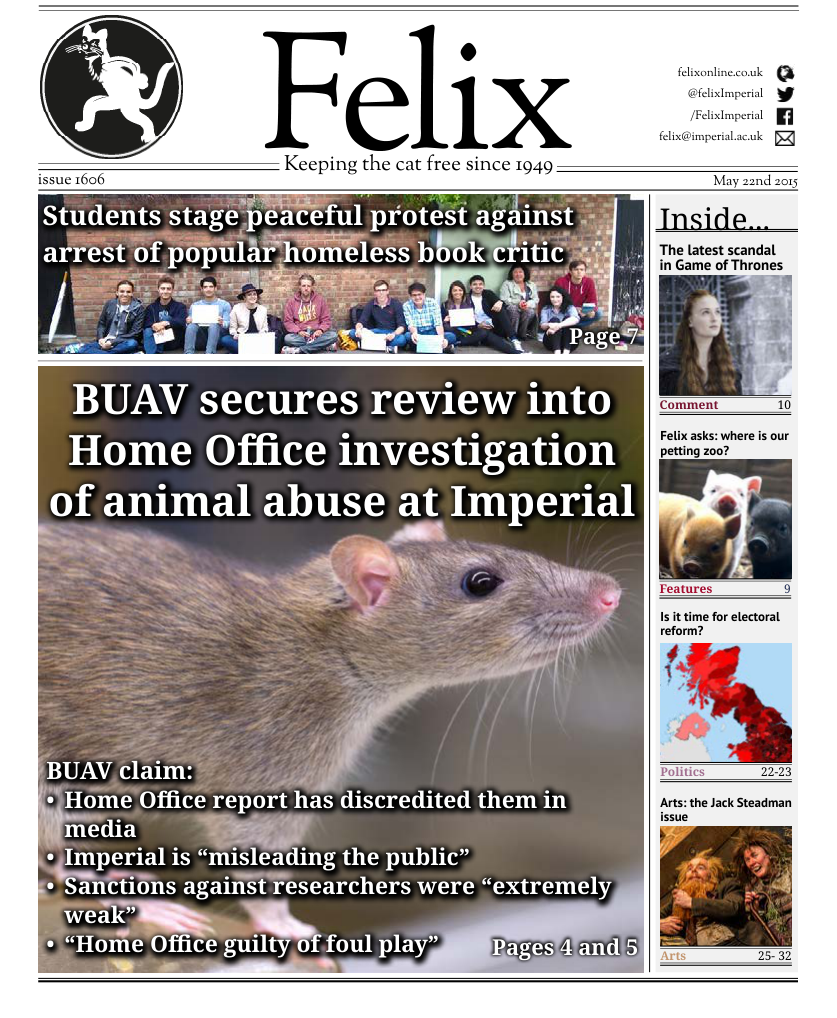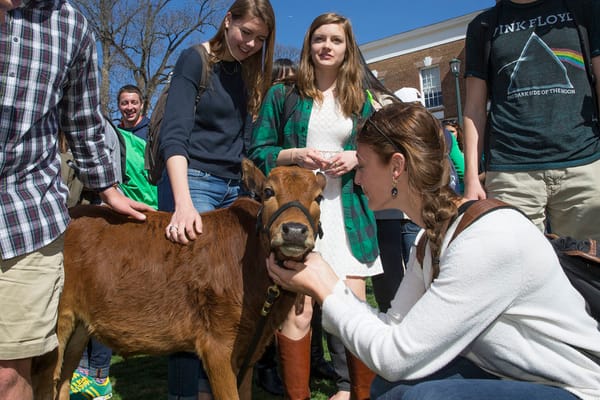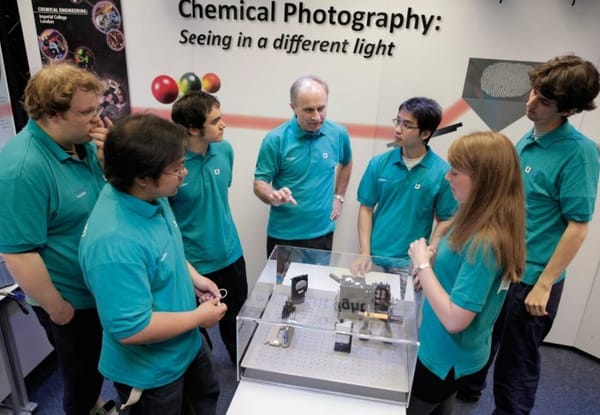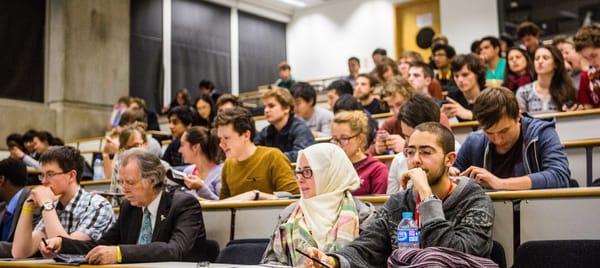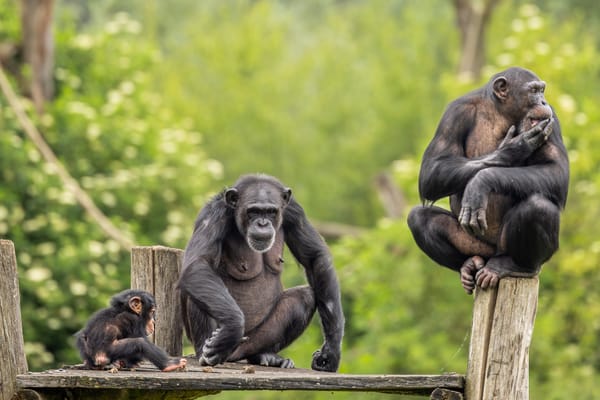BUAV to launch judicial review against Home Office investigation into Imperial
BUAV also claims Imperial is “misleading the public” over post operative care. Philippa Skett reports
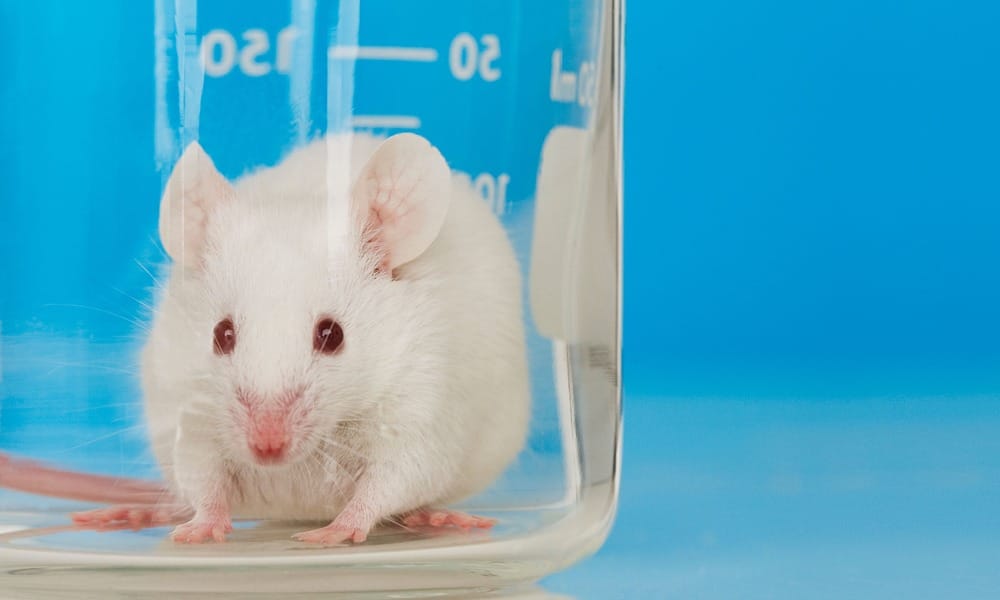
The High Court has granted the British Union for the Abolition of Vivisection (BUAV) permission to bring a judicial review against the Home Office, in which they are hoping to again confront animal care at Imperial, and also “prove that the Home Office guilty of foul play”.
The BUAV are claiming that the sanctions posed by the Home Office on those at Imperial found to be acting in breech of their animal licence during an investigation to be “extremely weak.”
The BUAV are stating that as a result of an “erroneous” reference in the Home Office report of the investigation, the BUAV has been misrepresented in the media and has suffered from reputational damage as a result. They are also claiming that “Imperial is misleading the public” about the post-operative care it provides for animals used in research, as outlined in Imperial’s first Annual Animal Research Review, published in March 2014.
The Home Office report, authored by the Animals in Science Regulation Unit, was published back in September 2014, and covered the results of the investigation into Imperial after the BUAV made public allegations about animal mistreatment.
The Home Office report states that: “Over 180 individual allegations, made by the animal rights organisation, of noncompliance were investigated.” The BUAV are now claiming that they have seen an unpublished table from the Home Office report that establishes that there were only 18 non-compliance allegations investigated, not 180. With the report finding only 5 cases of non-compliance in total, the BUAV are testifying that Imperial and other animal research advocates have since capitalised on the “5 out of 180” claim.
They state that this claim being repeated to the media has lead to “misrepresentation [that] has caused considerable damage,” to the organisation. The BUAV have since said to Felix: “The BUAV has asked the Home Office to correct the erroneous reference to 180 but it has refused to do so. The correct number is 18. “As ICL [Imperial College London] is fully aware (because it has the BUAV report), the BUAV made nothing like 180 allegations of non-compliance and the Home Office has declined to detail what it took to be such allegations.
“But the important point is that it is clear that the Home Office only investigated 18 allegations.” The BUAV had previously released an eight-minute video that they themselves described as “harrowing and disturbing evidence,” and later produced a 71 page report detailing the findings, which was presented to the then Home Office Minister Lord Taylor of Holbeach.
The Home Office concluded in their report upon review of the BUAV material that “nothing was identified to suggest either referral for prosecution or immediate suspension of licences on welfare grounds were merited”. The BUAV are also criticising Imperial for perceived negligence, stating that there should be staff present at all hours on location after animals have undergone invasive surgery. However, an Imperial college spokesperson has addressed the issue, stating: “Although there is not a member of care staff present on site 24/7 there is always at least one vet plus five senior animal care staff on call 24/7 to attend to any emergencies outside working hours.
“The environmental parameters for the animals are monitored 24 hours a day by computer and will alarm when the parameters fall outside of the Home Office Code of Practice. If a problem occurs both maintenance and CBS staff are contacted by security and where necessary attend site.”
The judicial review is currently on-going. A spokesperson for the Home Office told the Times Higher Education (THE) earlier this week that it would not be appropriate to comment whilst legal procedures are still taking place. The clash between Imperial and the BUAV started back in April 2013, when The Sunday Times published the findings of a BUAV associate who was working undercover as a research technician. The reporter had filmed animal research over the course of seven months, which were compiled into an eight minute video released online.
The video contained graphic imagery of animal testing procedures, which many found uncomfortable to watch. Imperial commissioned its own enquiry soon after the BUAV allegations were released. The investigation was lead by Steve Brown, Director of the MRC Mammalian Genetics Unit at Harwell. The enquiry began in July 2013 and the findings were published the following December (2014).
The Brown investigation found that Imperial lacked “adequate leadership, management, operational, training, supervisory and ethical review standards,” and made thirty-three recommendations to the college for changes to working practices. Said Brown at the time of the review: “Our investigation identified a number of serious concerns on the conduct, management and oversight of animal research at Imperial College.
“Imperial College is internationally recognised as one of the world’s best research institutes and it is important that this is matched by its standards of animal use and welfare.” Imperial put into place a number of actions as a result of the Brown review, which included prioritising investment in staffing and leadership and placing more emphasis on refining, reducing, or replacing animal use in research. They also pledged to recruit a Director of Biosciences to provide direction in implementing further improvements.
These included a reform of the ethical review process for animal research, and a commitment to improving internal and external communication. BUAV have run various other undercover investigations in the past, some targeting other universities. They recently filmed another video using secret footage of research at Cambridge University, where they are currently using sheep in investigations into Batten’s and Huntington’s disease.


